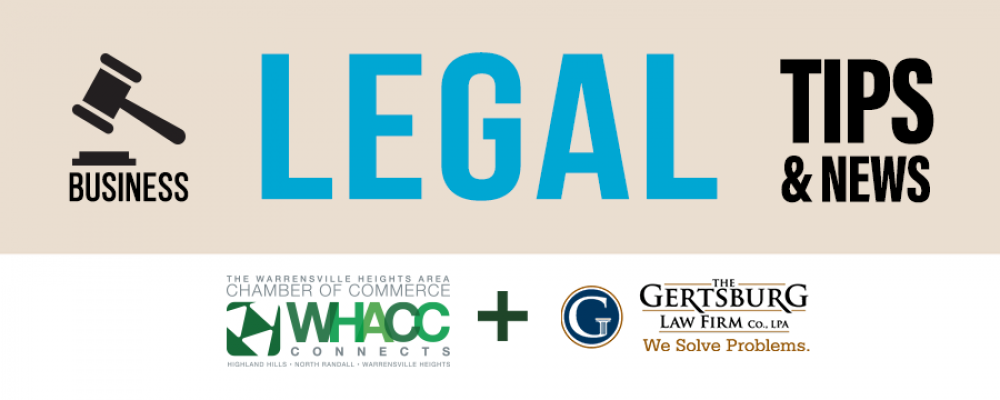Insurance Coverage for COVID-19
Can Insurance Companies be Sued for Failing to Provide Business Interruption Coverage Related to COVID-19?
Many businesses continue to struggle from mandatory closures and other operating restrictions caused by COVID-19. Not surprisingly, companies are now turning to their insurance carriers to mitigate their income losses. During the past several months, over 700 business owners have filed lawsuits across the country arguing that their business interruption policies should cover pandemics; a position that has gained the support of many politicians, including President Trump.
In response, insurers claim that applying interruption coverage to COVID-19 losses would result in overwhelming payouts, which would deplete their capital. Further, they argue that the policyholders had the option to negotiate the inclusion of pandemic-related losses, but simply failed to opt for such coverage.
Perhaps the most determinative factor is that many business interruption policies only go into effect if there is a direct physical loss to property. As a result, the primary issue currently being decided by courts is whether such “physical loss” includes losses caused by viruses and bacteria. Recently, a federal judge ruled that a group of restaurants and hair salons have the right to sue their insurance carrier for business interruption losses caused by the COVID-19, which they claim caused a “direct physical loss” to their premises (Studio 417 Inc., et al. v. Cincinnati Insurance Co., U.S. District Court, Western District of Missouri, No. 20-03127).
This ruling is significant because up until now, courts were generally finding to the contrary, resulting in the dismissal of such claims. For example, insurers had recently won similar cases in Washington, D.C. and Michigan after successfully claiming that coverage was not warranted because the virus travels through the air and does not cause physical damage.
Yet, in Studio 417, the judge found that the plaintiffs “adequately alleged a direct physical loss [because] COVID-19 “is a physical substance,” that it “live[s] on” and is “active on inert physical surfaces,” and is also “emitted into the air.” The court found that COVID-19 “attached to and deprived Plaintiffs of their property, making it unsafe and unusable, resulting in direct physical loss to the premises and property.” Notably, however, the court has not ruled on the case’s merits – it has merely allowed the lawsuit to move forward.
It is yet to be seen whether other courts will follow suit, but this case is being viewed as a victory for policyholders; particularly for those with an all risks policies which have now been determined (at least by one court) not to contain any exclusion for losses caused by a virus.
It is expected that many similar lawsuits will be filed in the coming weeks and months. In anticipation of this, the Judicial Panel on Multidistrict Litigation is already considering whether to consolidate hundreds of lawsuits seeking business interruption coverage for COVID-19, which may prove to be determinative as to how these types of cases move forward.
At the same time, many state legislatures have proposed legislation to address the situation. Several states have introduced bills specifically denying insurers the ability to deny claims on the basis that there was no physical damage to property. Though Ohio has not gone quite this far, the Ohio legislature has introduced a bill that focuses specifically on small businesses and would provide coverage for insureds with fewer than 100 full-time-equivalent employees. Should these bills get enacted, the courts, including those in Ohio, will have better guidance on how to interpret these business interruption policies more uniformly. Until then, it appears that the issue will continue to be decided on a case by case basis.


Follow Us!